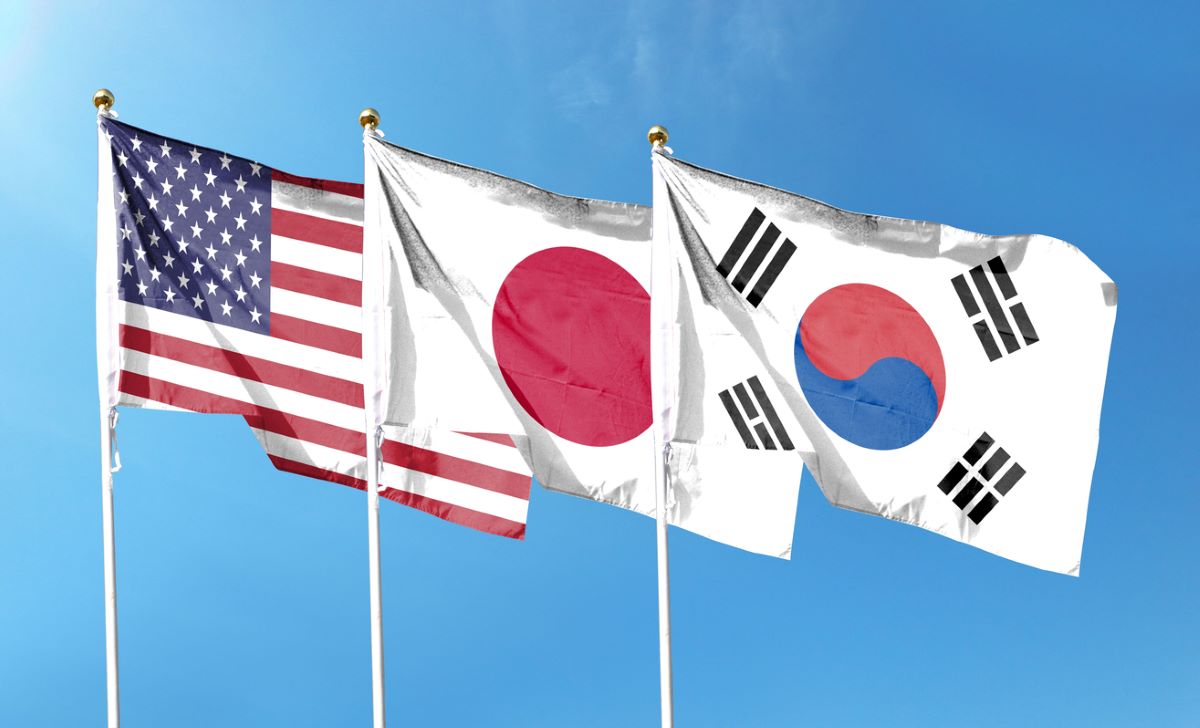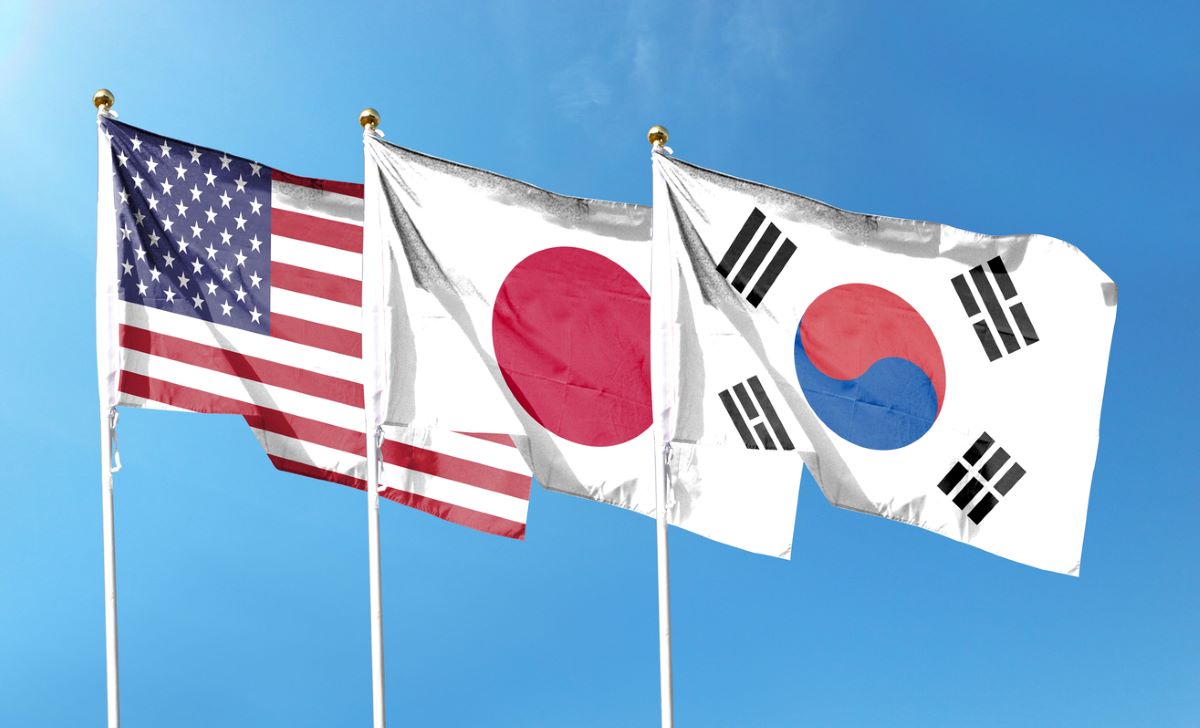Japan, Korea Warn No Rush for U.S. Deal, Won't Compromise National Interest
Japan and South Korea have signaled a firm stance against swiftly caving to U.S. trade demands, emphasizing the protection of their national interests as negotiations with the Trump administration int

Japan and South Korea have signaled a firm stance against swiftly caving to U.S. trade demands, emphasizing the protection of their national interests as negotiations with the Trump administration intensify.

Japanese Prime Minister Shigeru Ishiba delivered one of his strongest warnings yet in parliament on Monday, pushing back against U.S. pressure to open up Japan's auto and agricultural sectors. "If Japan concedes everything, we won't be able to secure our national interest," Ishiba said, as Tokyo prepares for the second round of trade talks by the end of April.
Ishiba defended Japan's agricultural protections, stating, "We must continue to protect it, and of course, we must also protect consumer safety." The U.S. has demanded greater access to Japan's rice and auto markets, but Ishiba made clear he would not sacrifice farmers to secure tariff relief on Japanese car exports, which currently face a suspended 24% U.S. duty.
Although local reports suggest Tokyo may offer increased imports of U.S. rice and soybeans and a loosening of safety standards for imported vehicles, Ishiba showed little appetite for major concessions. He also rejected Trump's call for Japan to increase its financial contribution to U.S. military bases, saying Tokyo would not simply raise its burden.
Meanwhile, South Korea echoed Japan's cautious approach. Acting President Han Duck-soo also said on Monday that upcoming trade talks in Washington would be approached calmly and seriously, but warned the process "may not be easy."
Han confirmed that South Korea's finance and industry ministers will meet with U.S. Treasury Secretary Scott Bessent and USTR representative Jamieson Greer on April 24. The discussions are expected to center on trade balances, shipbuilding, and liquefied natural gas. Yet Trump has linked the talks to defense cost-sharing, branding it as part of a "one-stop shopping" approach.
South Korea is also seeking exemptions from U.S. steel and auto tariffs. Industry Minister Ahn Duk-geun will formally relay that request during the talks, according to Yonhap news agency.
At home, the South Korean interim government is facing criticism for potentially rushing into an agreement. Kim Hyun-chong, former trade minister and foreign policy adviser to presidential frontrunner Lee Jae-myung, warned against making premature concessions. "No deal is better than a bad deal," Kim said, arguing that the caretaker government lacks the mandate to finalize long-term trade commitments.
The concerns come just weeks ahead of South Korea's presidential election on June 3, following the impeachment of former President Yoon Suk Yeol after his controversial martial law declaration.
With growing domestic pressure in both Tokyo and Seoul, it's clear that neither government is willing to sacrifice key sectors or rush into politically costly compromises—even as Washington accelerates its tariff plans.
Disclaimer: The views in this article are from the original Creator and do not represent the views or position of Hawk Insight. The content of the article is for reference, communication and learning only, and does not constitute investment advice. If it involves copyright issues, please contact us for deletion.